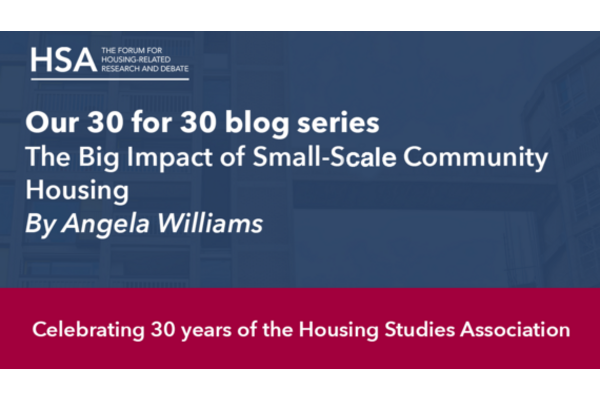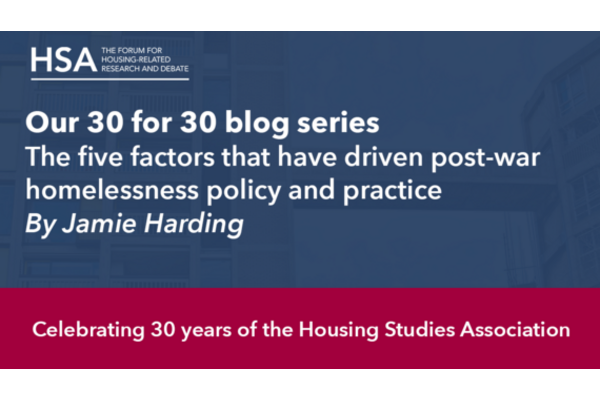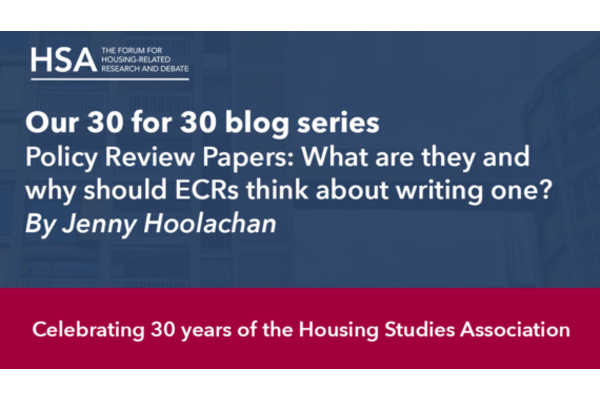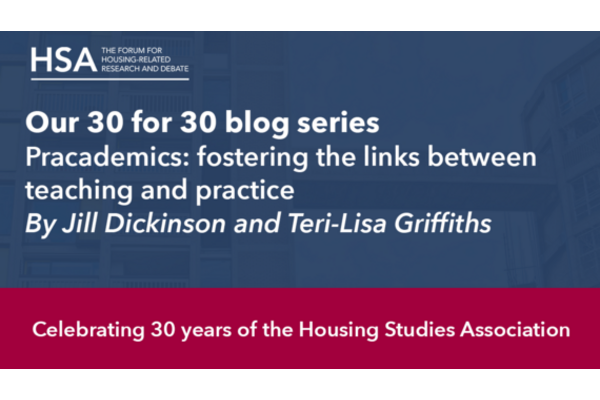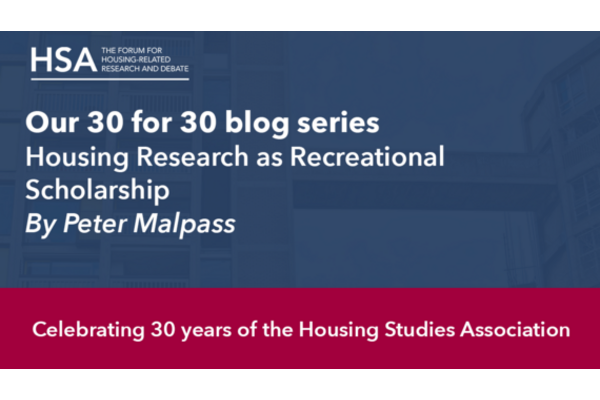The Big Impact of Small-Scale Community Housing
In rural areas, where population levels are fragile and housing demand outstrips supply, every house plays a crucial role in safeguarding the future of the community, simply by offering someone an opportunity to make it a home. When I lived in Knoydart, a remote peninsula on the west coast of Scotland, accessible only by foot or boat, I worked with The Knoydart Foundation. Housing was a key priority for the Foundation, which bought the 17,000-acre estate with the aim of preserving, enhancing and developing the area for the wellbeing of the environment and people. As part of the buyout, we took ownership of five properties that were in very poor condition. Over the years, we worked to improve this existing housing as well as to develop new housing.
Housing need was bound up in employment and ultimately, the overall sustainability of the community. The biggest difficulty at the time was the need for staff accommodation - an increasingly pressing issue across rural Scotland. Businesses were desperate and staff often resorted to camping in gardens or block booking B&Bs in order to stay and work. Businesses are instrumental to community growth but lack of access to housing can eventually have the power to force closure. Over time, we gained ownership of eleven houses. Whilst this might not seem like many, they underpinned the link between employment and housing by providing enough accommodation to grant employers stability.
We relied on mortgages and grants to build new or upgrade existing properties; for example, the Scottish Government’s Rural Homes for Rent fund allowed three new houses to be built. We were the biggest landlord in the area with a transparent allocation policy which aimed to consider wider community need, whilst all housing was affordable or very affordable, relative to local earnings and the house conditions. Every home improvement had a positive knock-on effect and a significant impact in taking people off the housing list, allowing them to stay and help sustain the community.
After around 17 years in Knoydart, I left for Fort Augustus, where I became the Chief Officer for the Fort Augustus and Glen Moriston Community Company, which is in receipt of community benefit funds from local windfarms and hydro schemes. These funds are reinvested back into the community through local grant giving and investment in projects with long-term benefit, including the purchase of land for the development of twelve homes which are now managed and allocated by the community.
Being a bigger area, there was more access to council and housing association homes than there was in Knoydart, however, on the rare occasion that one of these houses became available, the community had no control over allocation. This meant that local people who didn’t fulfil their specific criteria but who were still in great need of a good, affordable home, often missed out.
The community housing was completed in the summer of 2021 and generated huge interest. The Community Company developed a local lettings policy so they could target the needs of local people who may not have had access to other social housing because they slipped through the cracks in the wider system. Whilst the circumstances surrounding housing need in Fort Augustus were different to those in Knoydart, their immense value was the same.
We are starting to see more paid community development positions in rural areas and I hope to see this recognition continue, however, many community housing projects still rely heavily on hard-working volunteers, which goes someway to demonstrate the value that even a few houses can have. The availability of good, affordable is housing is key to keeping people at the heart of rural communities.
Angela Williams, a board member for Rural Housing Scotland, has lived and worked in rural Scotland for 20 years, where she has helped deliver valuable community projects, including housing. Drawing on her own experience, in this blog she reflects on the big impact small-scale community-led housing can have in rural communities.

